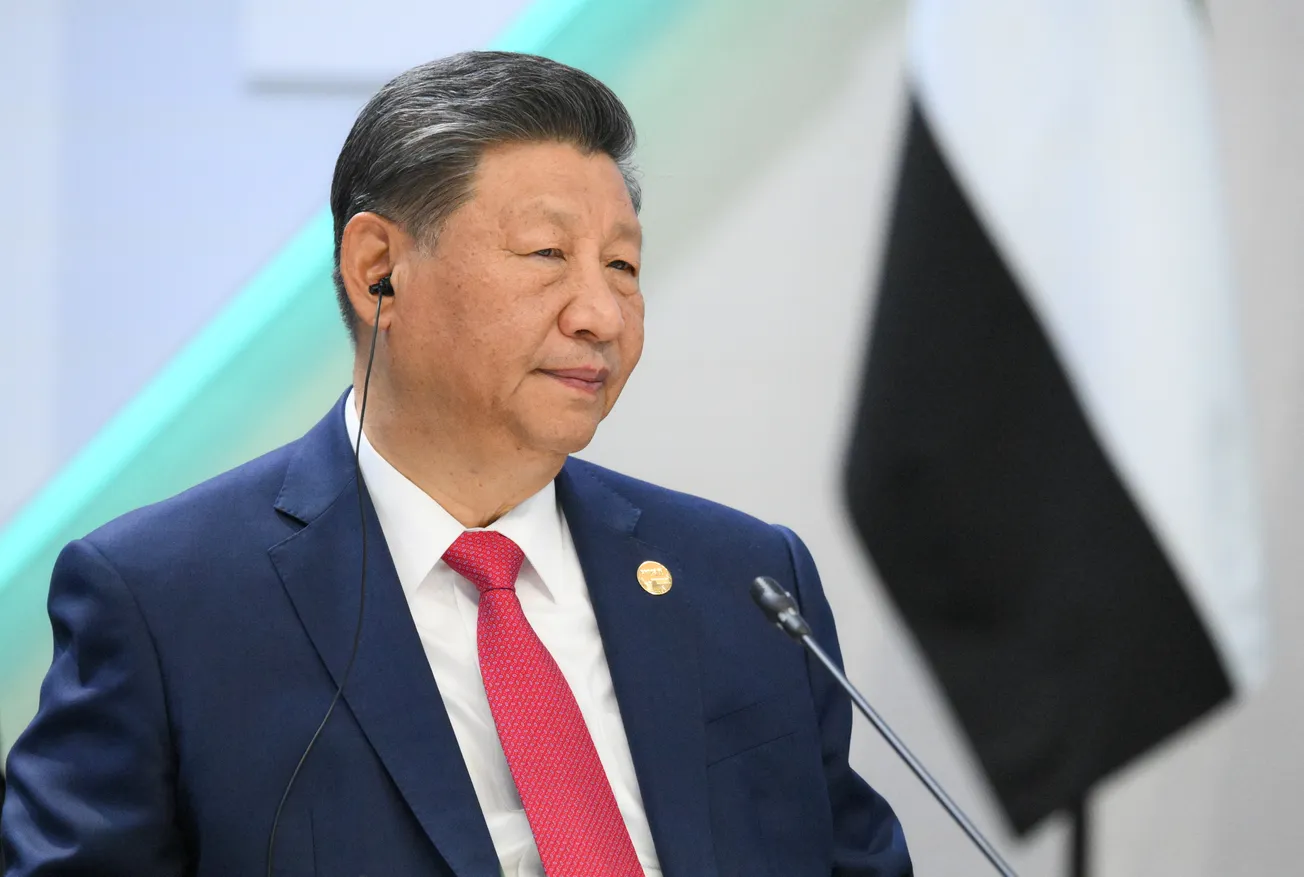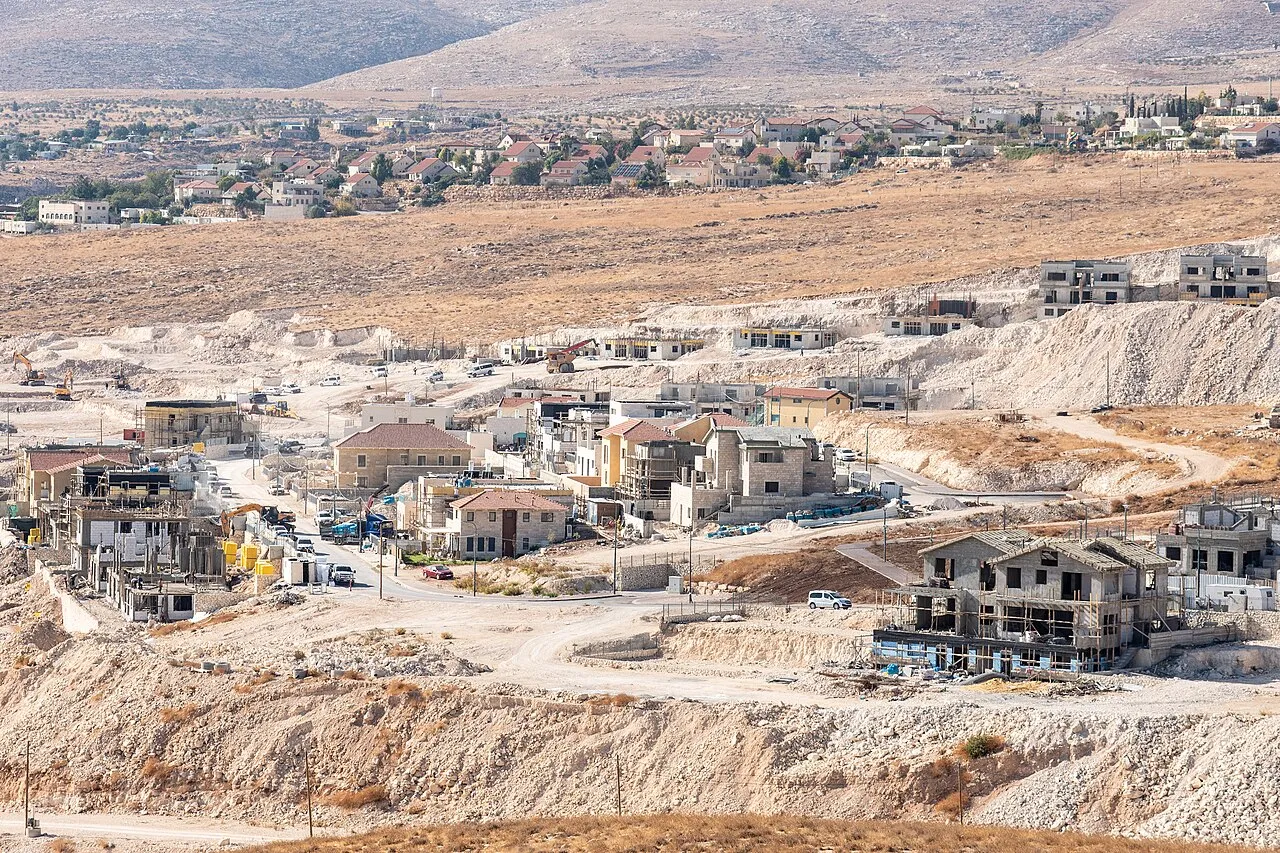Chinese President Xi Jinping used his speech to the Oct. 23 opening session of the BRICS summit in Kazan, Russia to issue a rousing call for the BRICS to help guide the world along “the overarching trend of peace and development.” Xi asked his fellow leaders: “Should we allow the world to descend into the abyss of disorder and chaos, or should we strive to steer it back on the path of peace and development?” He answered his own question by appealing to Man’s voluntarism—his “unwavering determination” and “willpower"—to build “a shared future for mankind.”
The Chinese President stated: “It is for our shared pursuit and for the overarching trend of peace and development that we BRICS countries have come together. We must make full use of this summit, maintain the momentum of BRICS, and consider and devise our strategy to address issues that have a global impact, determine our future direction, and possess strategic significance. We must build on this milestone summit to set off anew and forge ahead with one heart and one mind.
“As the world enters a new period defined by turbulence and transformation, we are confronted with pivotal choices that will shape our future. Should we allow the world to descend into the abyss of disorder and chaos, or should we strive to steer it back on the path of peace and development? This reminds me of a novel by Nikolay Chernyshevsky entitled What Is To Be Done? The protagonist’s unwavering determination and passionate drive are exactly the kind of willpower we need today. The more tumultuous our times become, the more we must stand firm at the forefront, exhibiting tenacity, demonstrating the audacity to pioneer and displaying the wisdom to adapt.”
Xi addressed the need for a new security architecture: “We should build a BRICS committed to peace, and we must all act as defenders of common security. We humans are an indivisible community of security. Only by embracing the vision of common, comprehensive, cooperative and sustainable security can we pave the way for universal security.”
He likewise spoke about the new development architecture: “We should build a BRICS committed to innovation, and we must all act as pioneers of high-quality development. As the latest round of technological revolution and industrial transformation is advancing at an accelerated speed, we must keep pace with the times and foster new quality productive forces…. We are ready to deepen cooperation on innovation with all BRICS countries to unleash the dividends of AI development.”
To that end, a new financial architecture is also called for: “The current developments make the reform of the international financial architecture all the more pressing. BRICS countries should play a leading role in the reform. We should deepen fiscal and financial cooperation, promote the connectivity of our financial infrastructure, and apply high standards of financial security. The New Development Bank should be expanded and strengthened. We must ensure that the international financial system more effectively reflects the changes in the global economic landscape.”
He spoke favorably of the importance of expanding the BRICS: “In light of the rise of the Global South, we should respond favorably to the calls from various countries to join BRICS. We should advance the process of expanding BRICS membership and establishing a partner country mechanism, and enhance the representation and voice of developing nations in global governance….
“It is important that we promote the spirit of inclusiveness and harmonious coexistence among civilizations … so that our diverse cultures can inspire one another and illuminate the path forward for BRICS … and join hands with Global South countries in building a community with a shared future for mankind.” [Emphases in original.]




